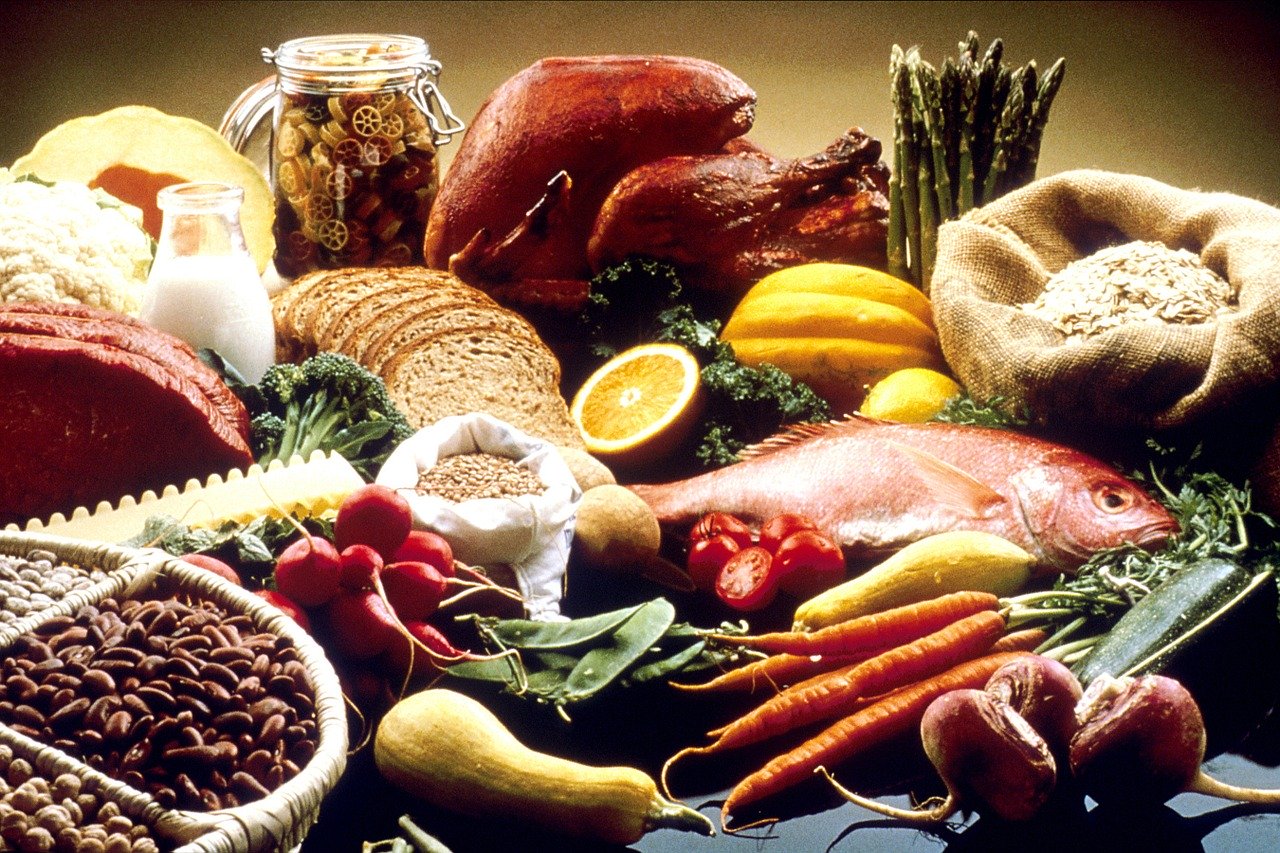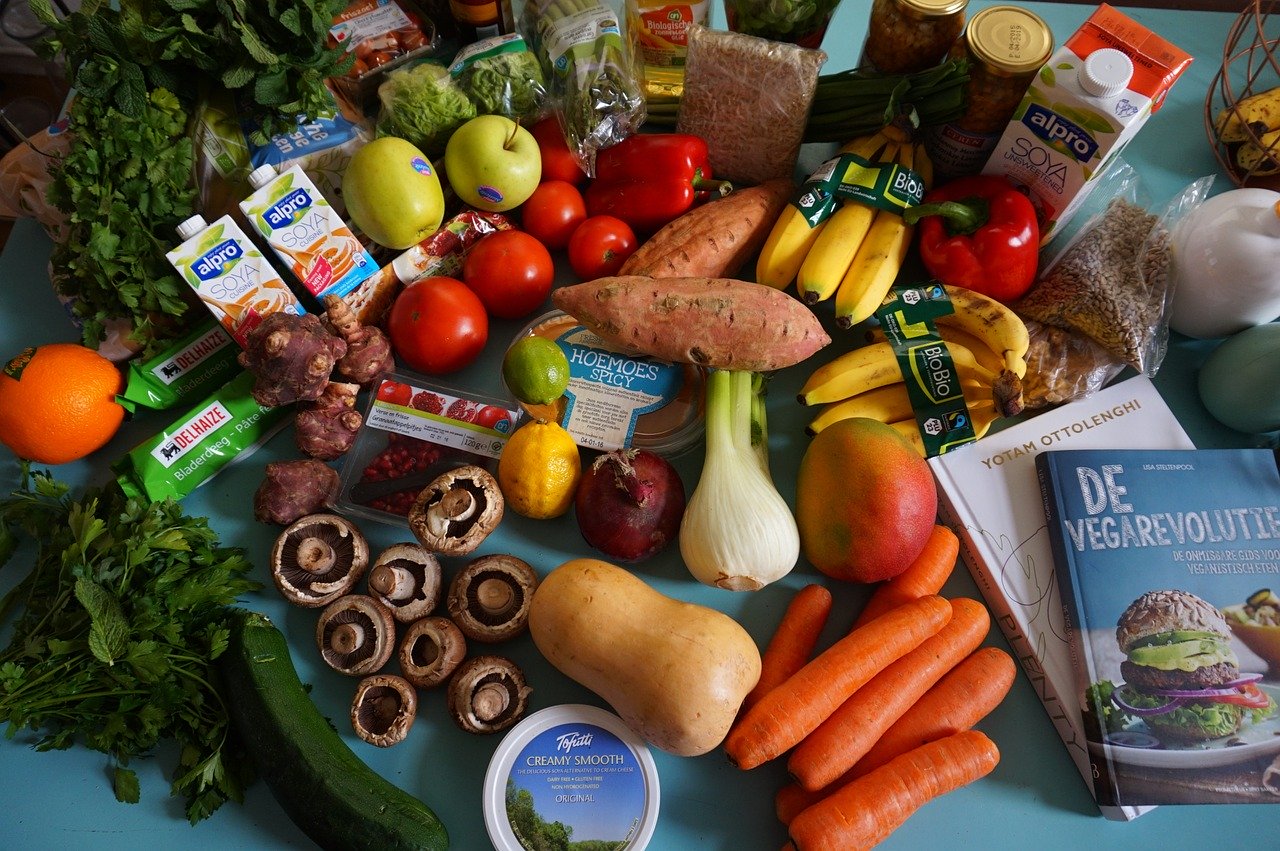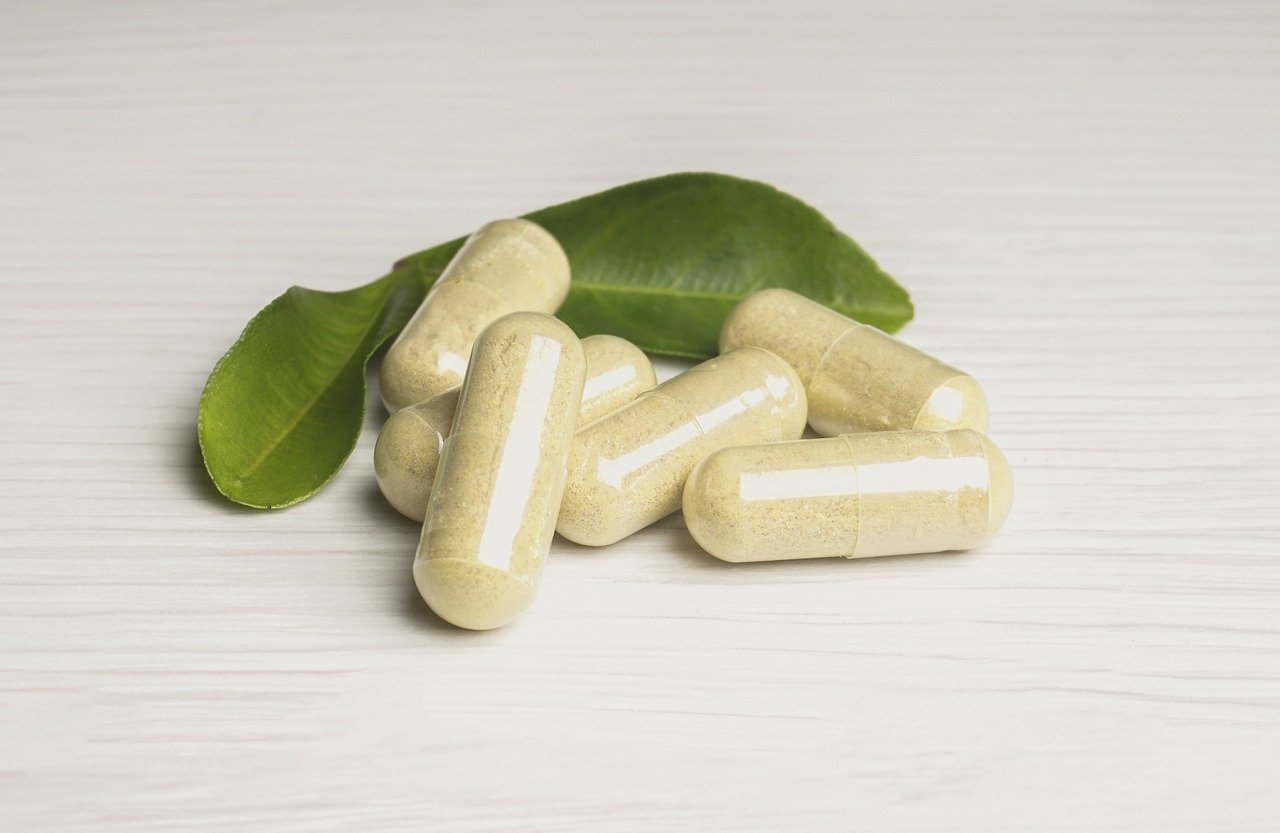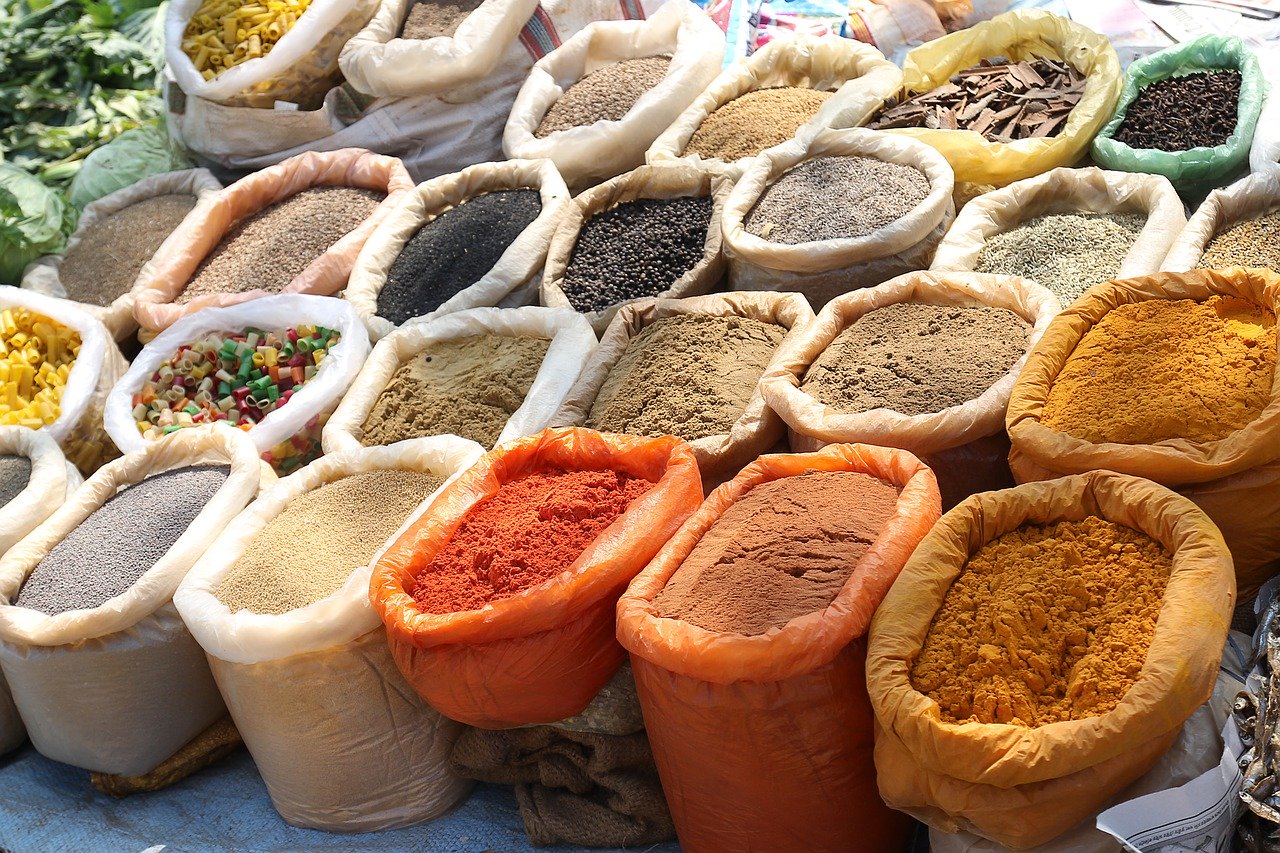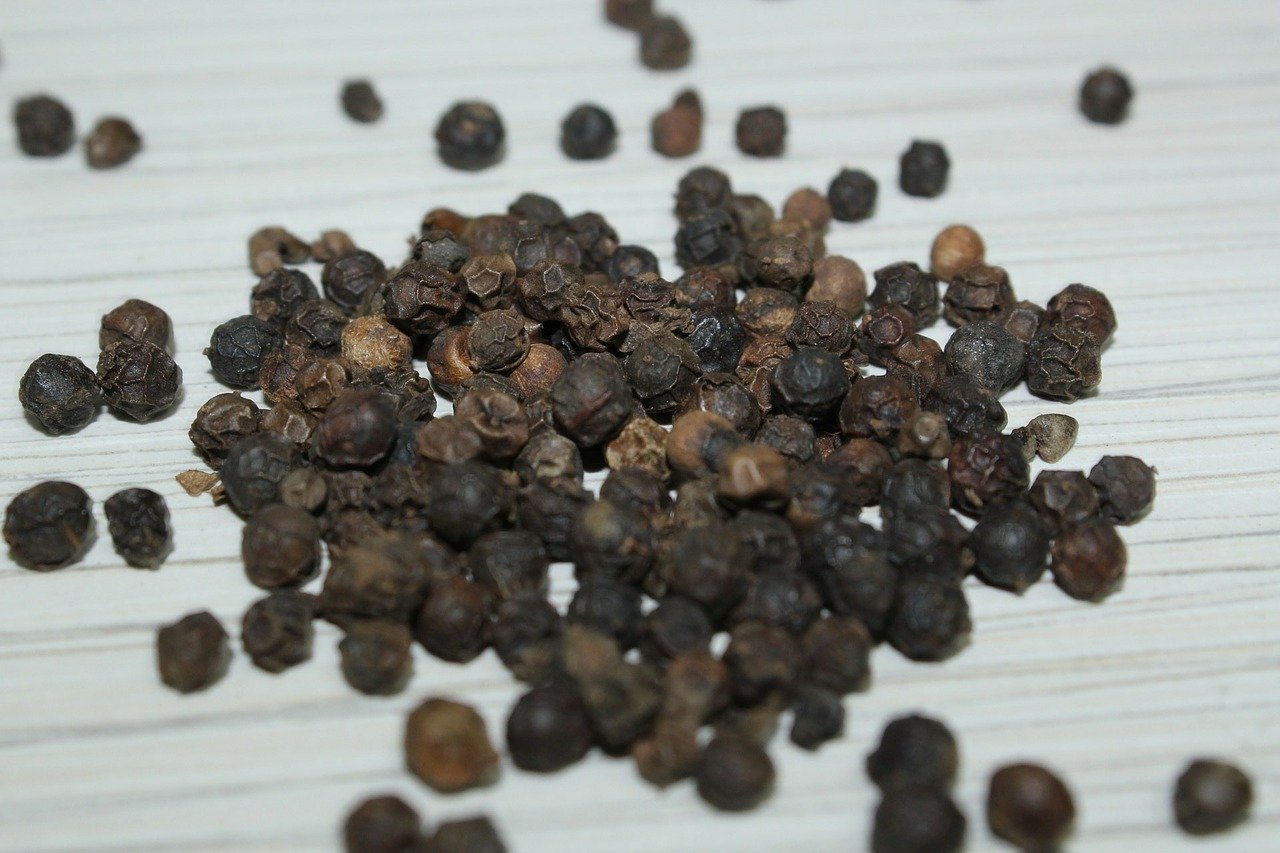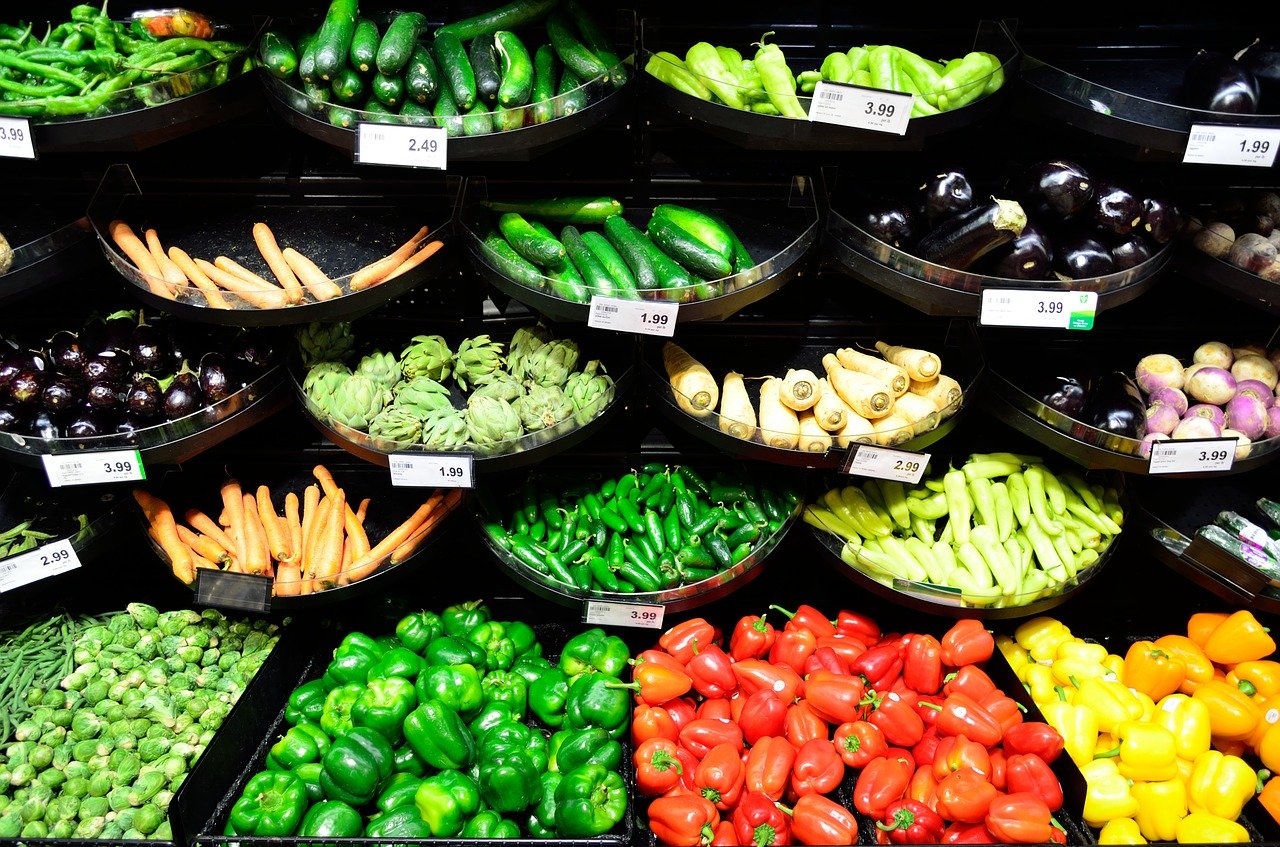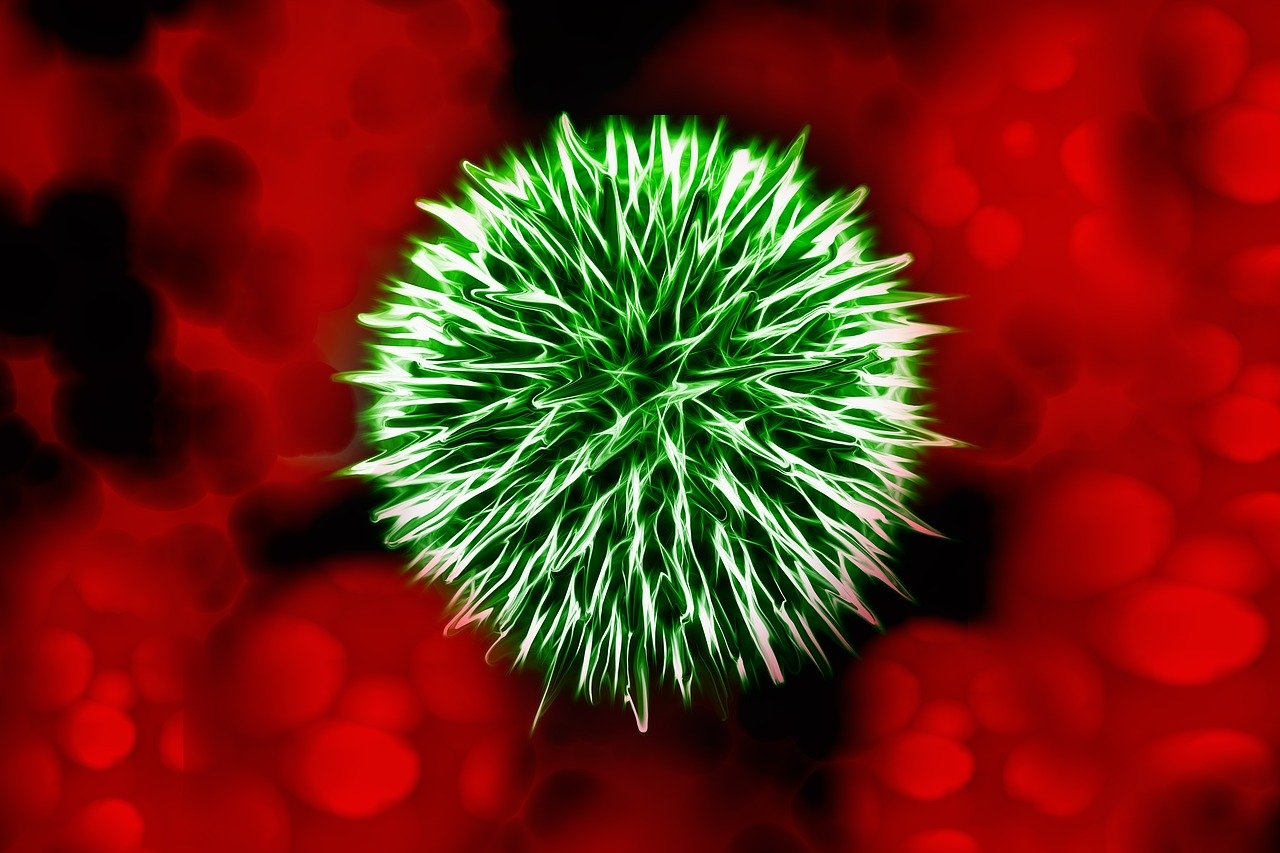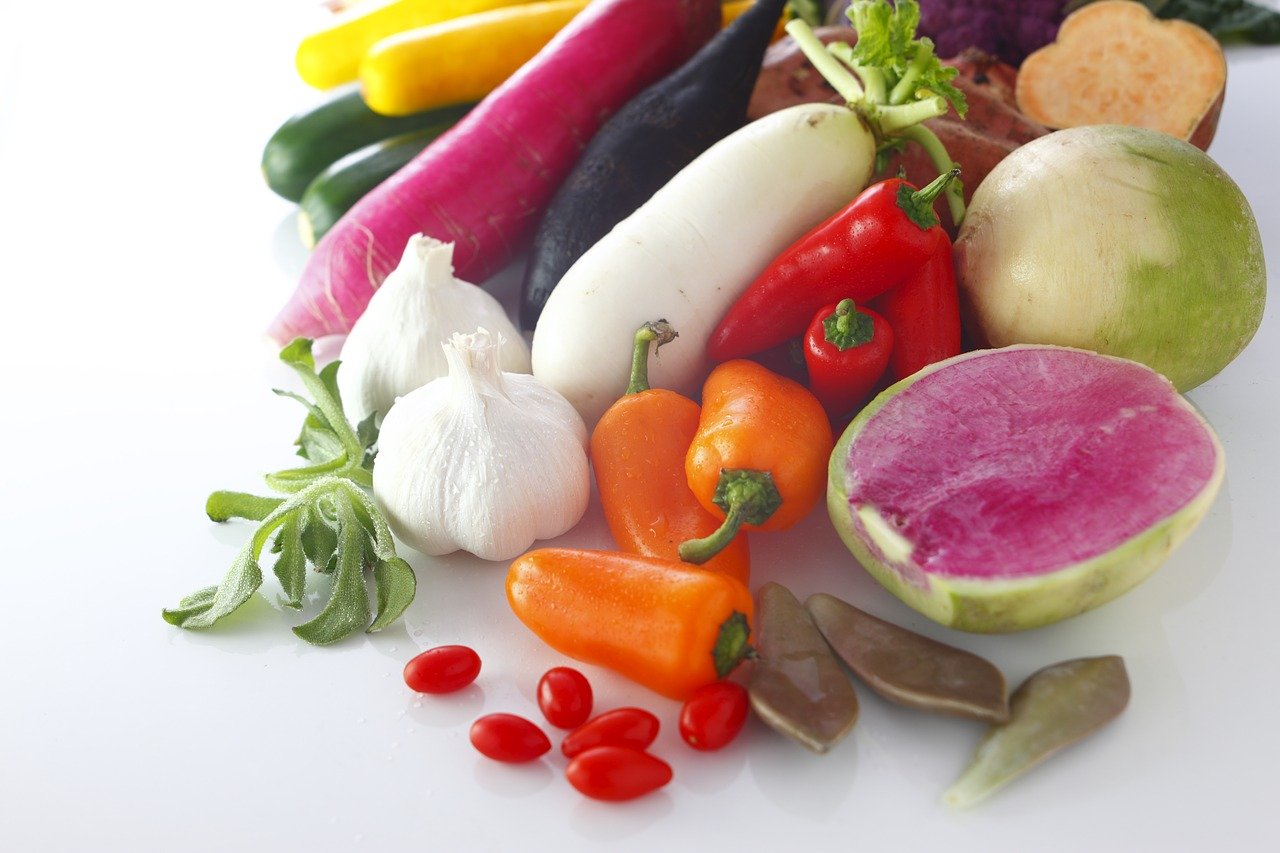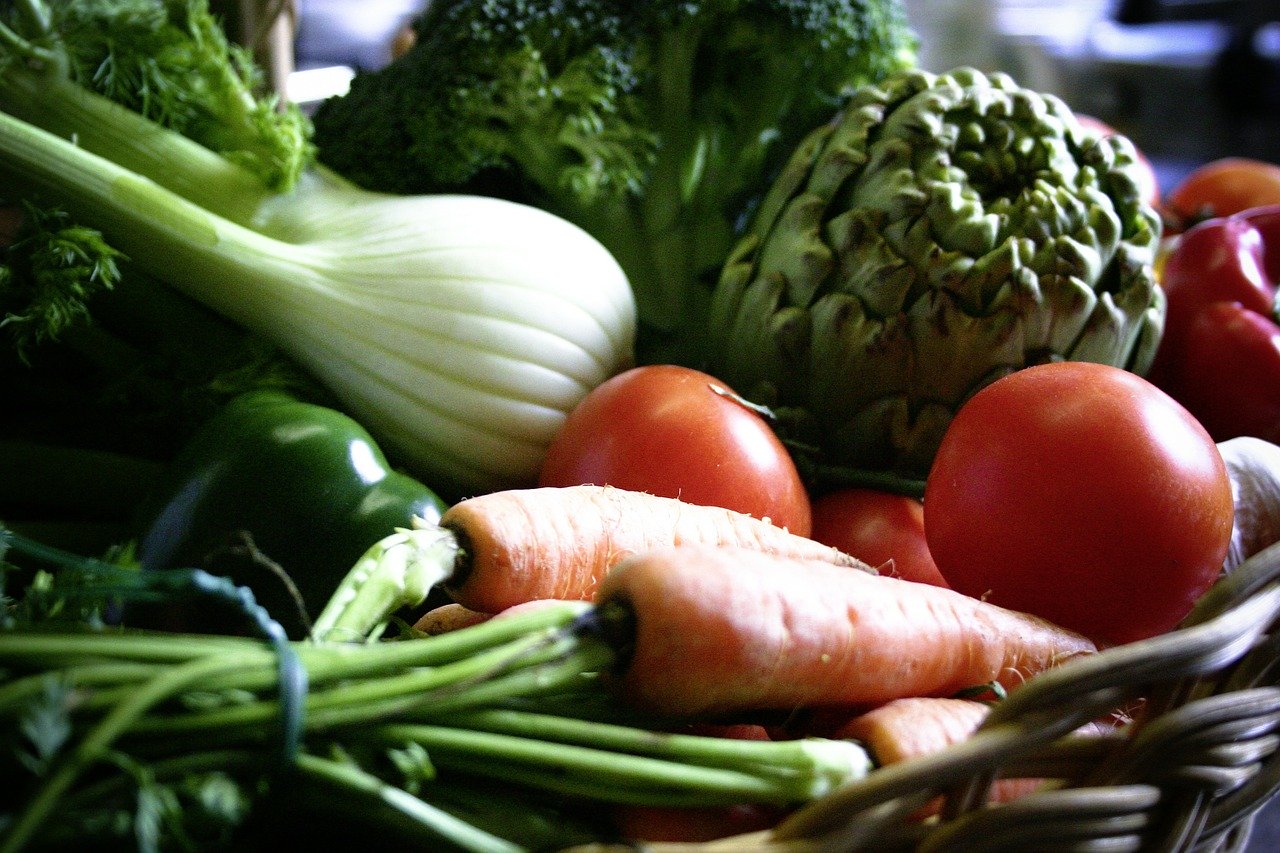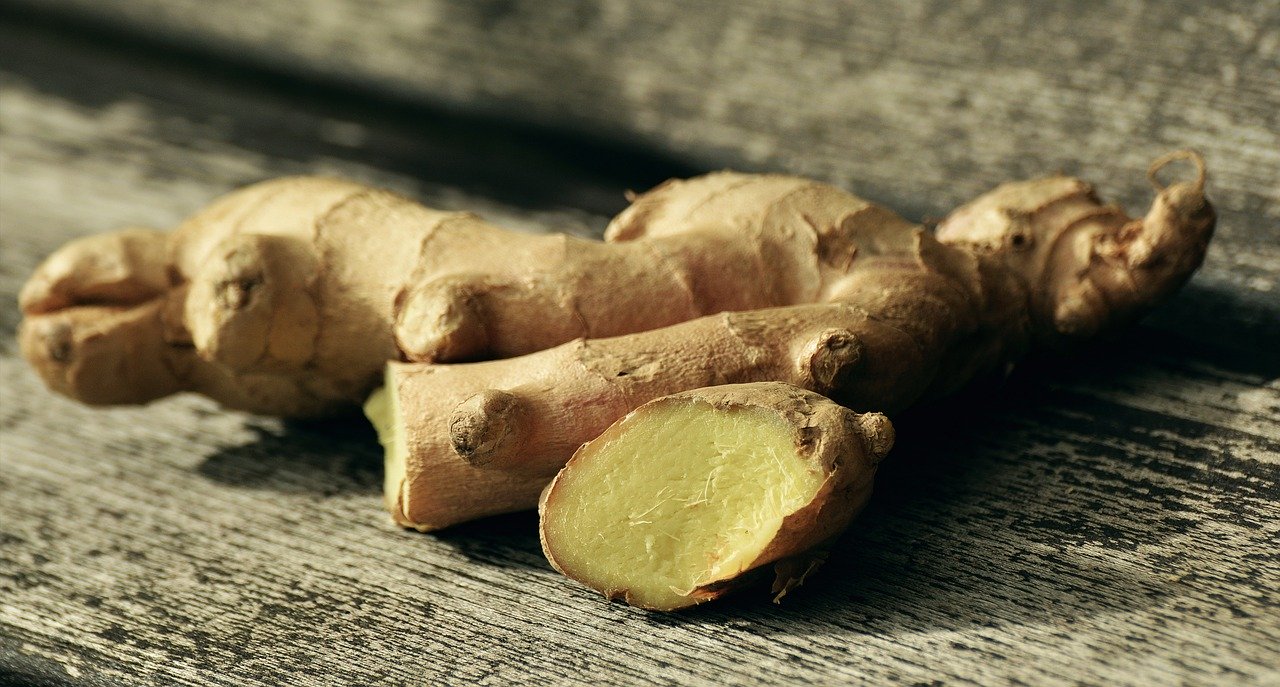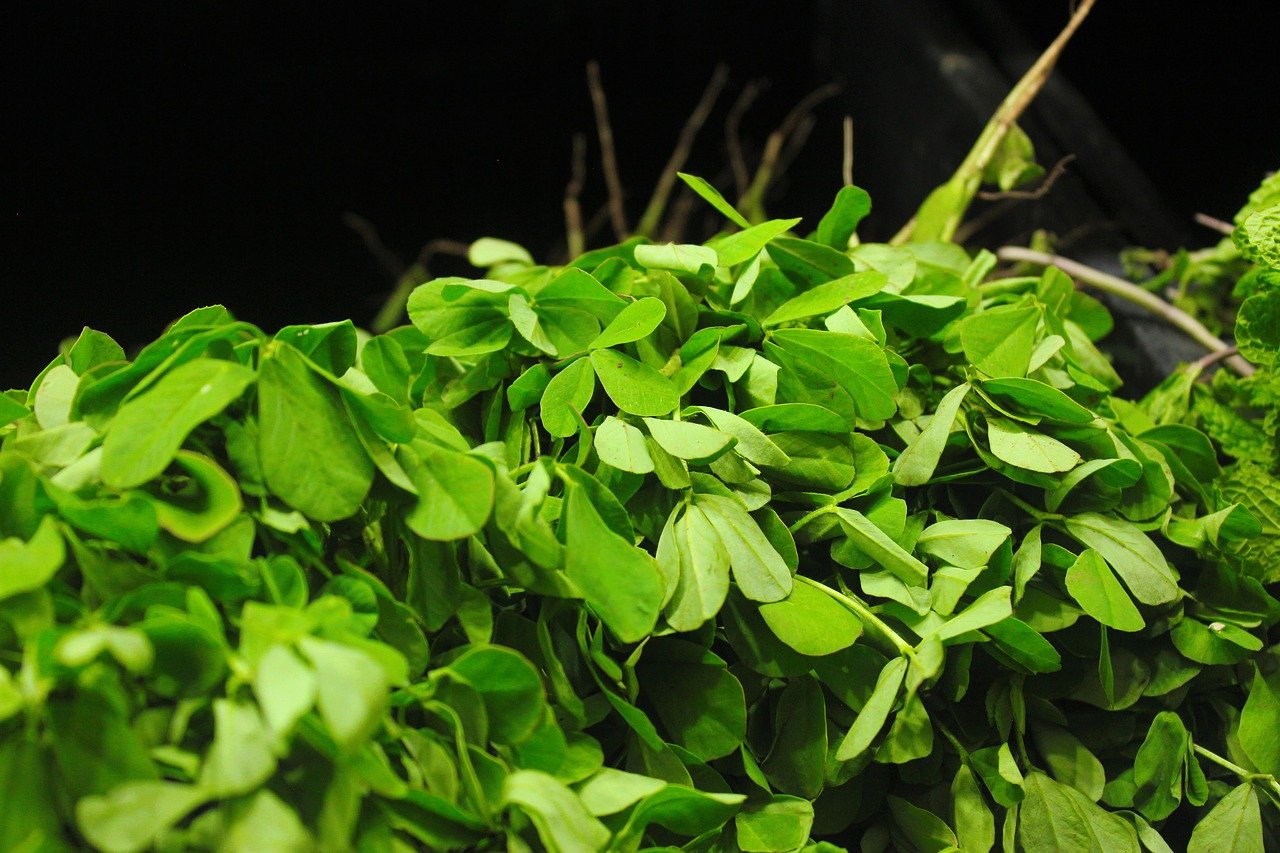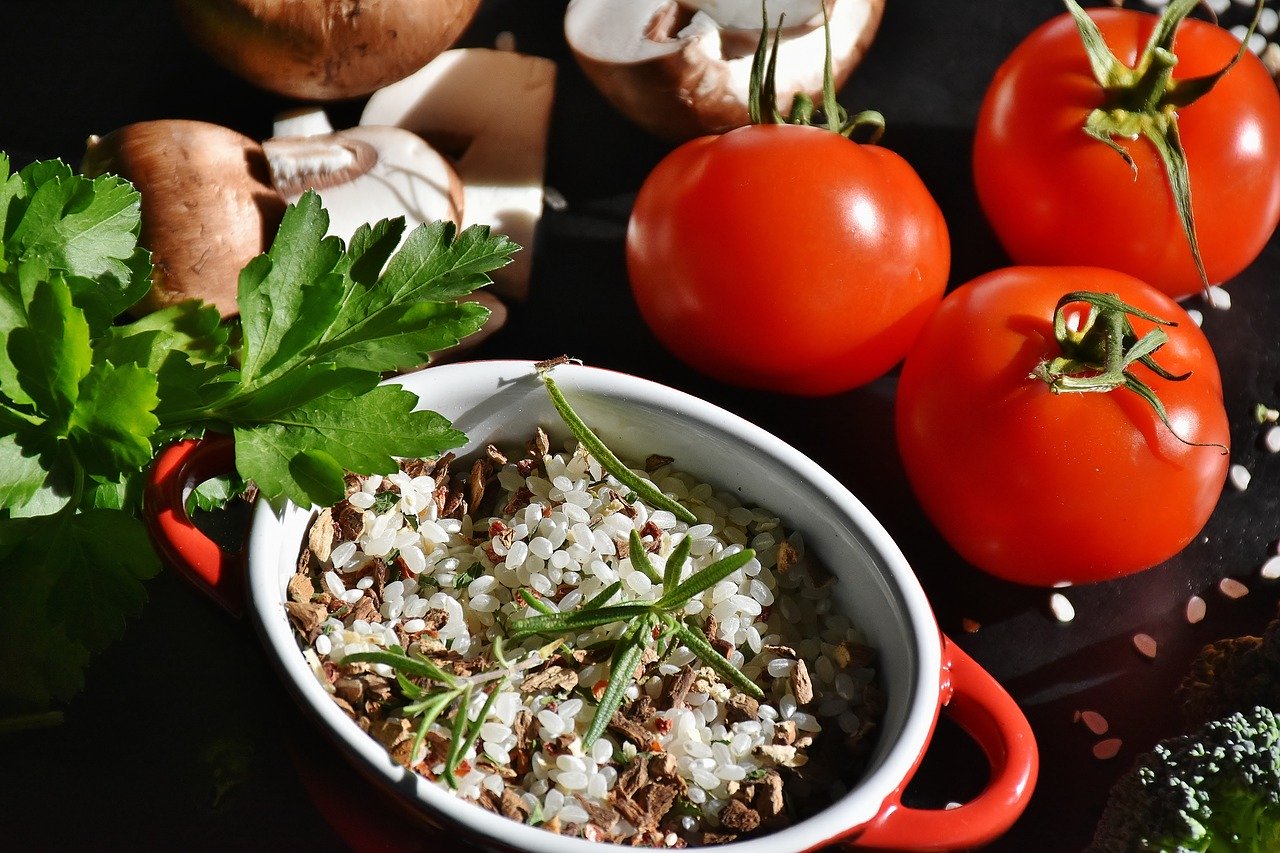In July 2018 researchers from France published the results of their study to assess the effect of a 2-year diet that excluded six refined foodstuffs, ie margarine, vegetable oils, butter, … Read more
The Paleolithic diet plus a supervised exercise training programme appears to produce an improvement in cardiac fat, structure and function in individuals with diabetes type 2
In January 2019 researchers from Sweden and Iceland published the results of their study to assess the effects of a Paleolithic diet, with and without additional supervised exercise training, on … Read more
Consuming healthy diets appear to be effective in reducing both systolic and diastolic blood pressure, with high-fibre and low-sodium diets appearing to produce the greatest reductions in systolic and diastolic blood pressure in individuals with diabetes type 2
In April 2020 researchers from Iran and Puerto Rico published their review of the medical scientific literature to assess the effect of different dietary approaches on systolic and diastolic blood … Read more
Berberine supplementation may delay the development of dementia by preventing brain damage, improving cognition, and by reducing risk factors such as metabolic dysfunction, and cardiovascular, kidney and liver diseases
In March 2020 researchers from Japan, UK and Hong Kong published their review of the medical scientific literature to assess the potential of berberine as a treatment for dementia associated … Read more
Air pollutants appear to increase the risk of diabetes type 2 and in addition diabetic patients may be more vulnerable to air pollution exposure
In January 2020 researchers from China and Germany published the results of their review of the medical scientific literature to assess the association between air pollutants and diabetes type 2 … Read more
Herbs and spices appear to have antioxidant, anti-microbial, and anti-inflammatory properties and they may in addition reduce the risk of developing chronic diseases, eg cardiovascular disease, neurodegenerative conditions, chronic inflammation, arthritis, cancer, obesity and diabetes type 2
In May 2019 researchers from Canada published their review of the medical scientific literature to identify and assess specific biomarkers in 25 herbs and spices, namely anise, basil, black pepper, … Read more
Strawberries appear to significantly reduce C-reactive protein levels and may improve total cholesterol and LDL-cholesterol in individuals with high levels
In April 2020 researchers from Japan, China and Egypt published their review of the medical scientific literature to assess the effect of strawberries on cardiovascular risk factors. A total of … Read more
Black pepper appears to have important pharmacological properties which warrant further research
In February 2019 researchers from Mauritius, India, South Africa and Turkey published their review on the medicinal aspects of black pepper (Piper nigrum L.). India was seen to have the … Read more
A higher BMI is associated with an increased incidence of hypertension, diabetes, dyslipidemia, and hyperuricemia both in Japan and the USA, although the BMI level at which the incidence of these medical conditions increased was significantly higher in the USA than in Japan
In August 2018 researchers from Japan and the USA published the results of their study to compare the incidence of hypertension, diabetes, dyslipidemia and hyperuricemia according to BMI in Japanese … Read more
Dairy product consumption appears to be associated with a better metabolic profile
In January 2019 researchers from Spain published the results of their study to assess the association between dairy product consumption and the incidence of metabolic diseases like diabetes, obesity and … Read more
Food additives are one of the factors in ultra-processed foods causing concern, for whilst some food additives can be beneficial for human health, others may alter the composition of the gut microbiota and lead to inflammation, which in turn may lead to different forms of inflammatory disease
In October 2019 researchers from Qatar published their review of the association between a Western diet and chronic diseases. A Western diet is characterised by a high intake of energy-dense … Read more
Restricting animal products while increasing healthy plant-based foods reduces the risk of diabetes type 2
In December 2019 researchers from Spain published their review on the association between dietary habits and the risk of developing diabetes type 2. Results showed that animal protein intake increases … Read more
Specific dietary factors and dietary patterns alter the gut microbiota profile, which is an essential factor in the development and progression of obesity
In December 2019 researchers from South Korea published their review on the effect of diet on the gut microbiota and how it is associated with obesity. Obesity is described as … Read more
Plant-based dietary patterns, especially when healthy plant-based foods, such as fruits, vegetables, whole grains, legumes, and nuts are included, may be beneficial for the prevention of diabetes type 2
In July 2019 researchers from the USA published their review of the medical scientific literature to assess the association between plant-based dietary patterns and risk of diabetes type 2. A … Read more
Adherence to walking 10,000 steps per day is low but may still be associated with improved glycaemic control in individuals with diabetes type 2
In February 2018 researchers from Nigeria published the results of their study to assess the effect of walking 10,000 steps per day on the glycaemic control of individuals with diabetes … Read more
A vegetarian/vegan diet is effective in promoting a diverse ecosystem of beneficial bacteria to support both the human gut microbiome and overall health
In April 2019 researchers from Slovakia and the USA published a review on the effect of vegetarian and vegan diets on gut microbiota. Whilst humans are about 99.9% identical to … Read more
A diet high in carbohydrates increases the risk of diabetes type 2, the metabolic syndrome and cardiovascular disease
In November 2018 researchers from India published their review of the evidence that links dietary carbohydrates to the incidence of diabetes type 2 and the metabolic syndrome together with their … Read more
Dietary ginger taken by individuals with diabetes type 2 may significantly improve HbA1c levels
In March 2019 researchers from China published their review of the medical scientific literature to assess the effect of dietary ginger on fasting blood sugar and HbA1c levels in individuals … Read more
Fenugreek
Fenugreek (Trigonella foenum-graecum) seeds contain mucilage, trigonelline, 4-hydroxyisoleucine, sotolon, diosgenin, luteolin, phenolic acids, and protodioscin and is “generally recognized as safe” when used as a flavouring by the U.S. Food … Read more
Vegetarian, vegan, Mediterranean, and DASH diets appear to have a beneficial effect on glycaemic control in different diabetic populations
In November 2019 researchers from Spain published their review of the dietary patterns which have been most widely studied for the management of diabetes type 2 and its complications. The … Read more


